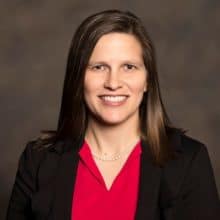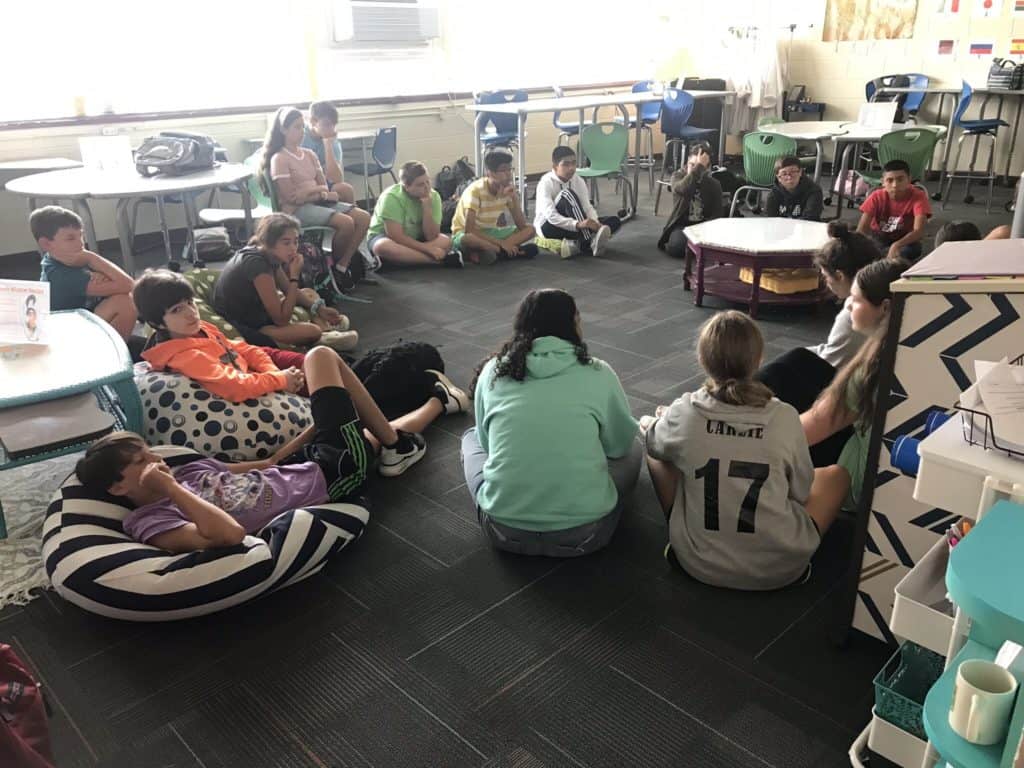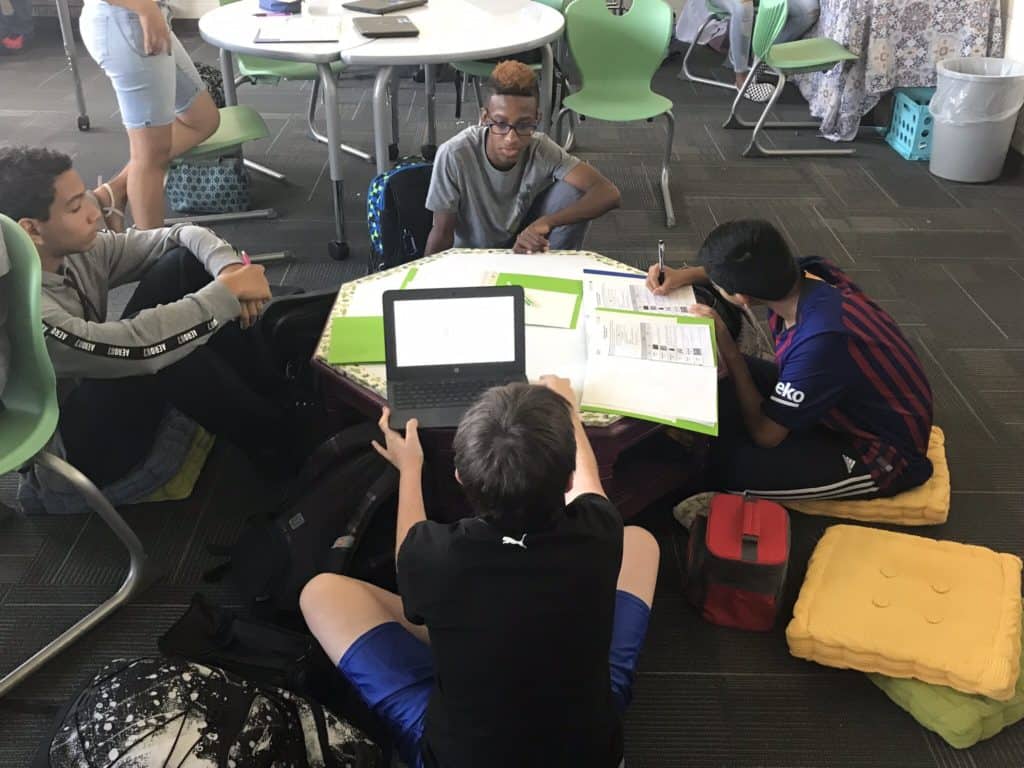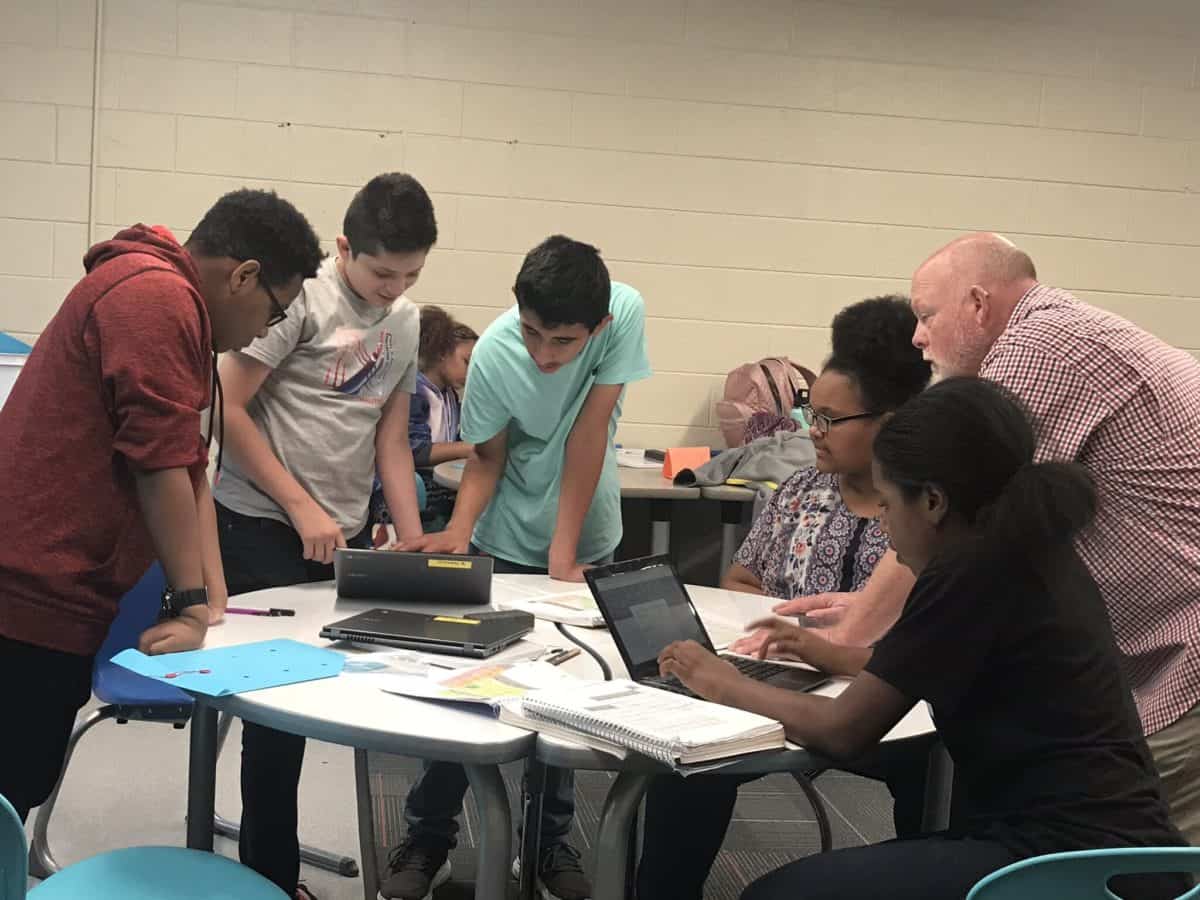
This is the third piece in a five-part series of perspectives from RTI International on competency-based education amid COVID-19. Follow along with the rest of the series here.
The thought of learning any time and anywhere is a great idea in theory, but when forced into an emergency situation of completely remote learning, how do we put it into practice? In March 2020, schools across the country began to realize that the remainder of the spring semester was not going to be like any other. Here in North Carolina, the governor issued an Executive Order to close schools through May 15, which was then followed with the announcement in late April that schools would not open for the remainder of the academic year.
Most school systems had little preparation for what would happen next. How would instruction continue? Do teachers and students have access to what they need for learning to continue outside of the school building? Do we move forward and learn new content or only review? What happens when schools reopen?
Endless questions mounted as “emergency remote learning” became the new norm. However, some schools pivoted quickly. Under circumstances that they could not have predicted, they somehow knew what to do and how to move forward. How? Personalized learning.
Schools already implementing personalized learning practices were positioned to provide teachers, students, and families a smoother transition to a virtual learning environment. Through efforts to personalize learning, these schools were already allowing more flexible options and more personalized paths for students and teachers to know what comes next and how to maintain continuity of learning for all students.
In their recent update on state policies for transforming K-12 education, the Aurora Institute highlighted several policy areas that are needed for planning what education looks like beyond 2020. These policy areas include:
- competency-based education (CBE)
- credit flexibility
- meaningful credentials
- CBE pathways aligned to higher-education and the workforce, and
- balanced systems of assessments.
A common theme among these policy areas is a more personalized learning path for students and a focus on competency-based education (CBE) with more opportunities to learn and demonstrate mastery in order to advance along their education journey.
At Innovation Academy at South Campus, part of Johnston County Public Schools in Smithfield, North Carolina, the building may be empty, but instruction, learning, and connecting with students has not stopped. Founded in 2017, Innovation Academy was built with a focus on personalizing the learning experiences for students and creating a strong culture of relationships and connections between education and students/families. When schools closed due to COVID-19, Innovation Academy jumped into action and has barely “skipped a beat” in moving their instruction online.
The efforts of teachers to meet students where they are, to focus on relationships, and to ground their teaching and learning in a standards-based approach has allowed for this continuation of learning. Feedback is more than just grades, so teachers and students are able to communicate and understand progress through virtual connections and communication. Options are available to help students continue moving toward mastery and accomplishing their next learning targets and goals.
Lead Learner and Principal Kelley Johnson shared the following information about how personalized learning practices supported teachers and students to continue learning in a remote setting and how they plan to build on successes as they think about teaching and learning moving forward.

Courtesy of Innovation Academy at South Campus 
Courtesy of Innovation Academy at South Campus
Challenges and successes
No sudden transition to remote learning would be without a few challenges, but that does not diminish the successes that have kept things rolling during uncertain times. Innovation Academy was proactive in determining which students would need devices and Wi-Fi access if they were not able to physically meet in the school building. Prior to the school closures, staff acquired and distributed needed technology to prevent access from being a barrier to student learning.
While a major goal and success throughout the year had been the school’s focus on relationships, a virtual only mode created initial challenges. Community meetings and circle time looked very different through virtual interactions. But the effort to get to know students and build relationships paid off, allowing students and teachers to sustain connections and keep everyone engaged in learning despite the circumstances. This is also a success for families who are able to stay informed about their students’ learning.
Role of personalized learning
Because of their focus on personalized learning, the Innovation Academy community has not struggled with concerns around grades, reporting, or feedback. Students and teachers know that they are working together in the learning process and that feedback is important for growth and mastery. Teachers have cultivated relationships with each student to focus on learning and demonstrating progress towards mastery rather than chasing grades.
The personalized learning approach has fostered intrinsic motivation in students to seek feedback, to grow, and to stay connected and engaged throughout the learning process. Some projects and assignments look quite different in a remote setting, but students are motivated to maintain progress and to keep driving towards their own goals without worry about tests or grades. Students are empowered to maintain ownership of their work and their learning goals.
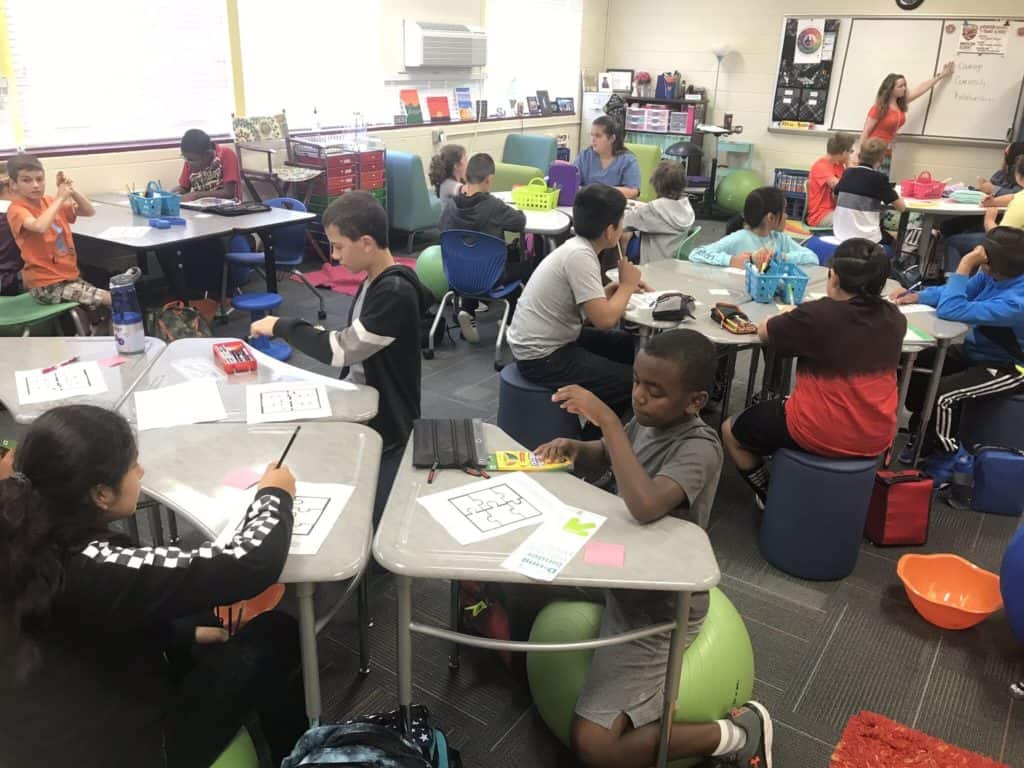
Opportunities
At Innovation Academy, students and staff are encouraged to think of the opportunities in all situations, even those presented by the current pandemic. Specifically, they have had the opportunity to test their adaptability, problem-solving, and courage (all core values of Innovation Academy). Additionally, the staff have used this opportunity to support other staff throughout the district. Building on their early success, they developed professional learning modules to assist colleagues across the district with making the transition. They also took advantage of their role as a district lab school to assist others who did not have the same comfort level with technology and/or personalized learning practices.
Moving forward
It is currently unclear if the 2020-2021 school year will begin in a “back to normal” mode. But the work over the last two months is certainly beginning to shape how Innovation Academy, and other schools, are thinking about future instruction. Competency-based education and personalized learning practices can play a big role in making sure that all students are making progress and have a clear understanding of what they know and can do. Meeting students where they are is more important than ever as students are in their own learning environments.
Johnson sums it up well saying, “We are excited about the opportunities this time has given us to think even bigger and get ahead of our building of time and space utilization moving forward. The need for CBE is clearer than ever, if we were to identify a silver lining of this pandemic.”
If you have any questions about this article, feel free to reach out to Kayla Siler at ksiler@rti.org.
